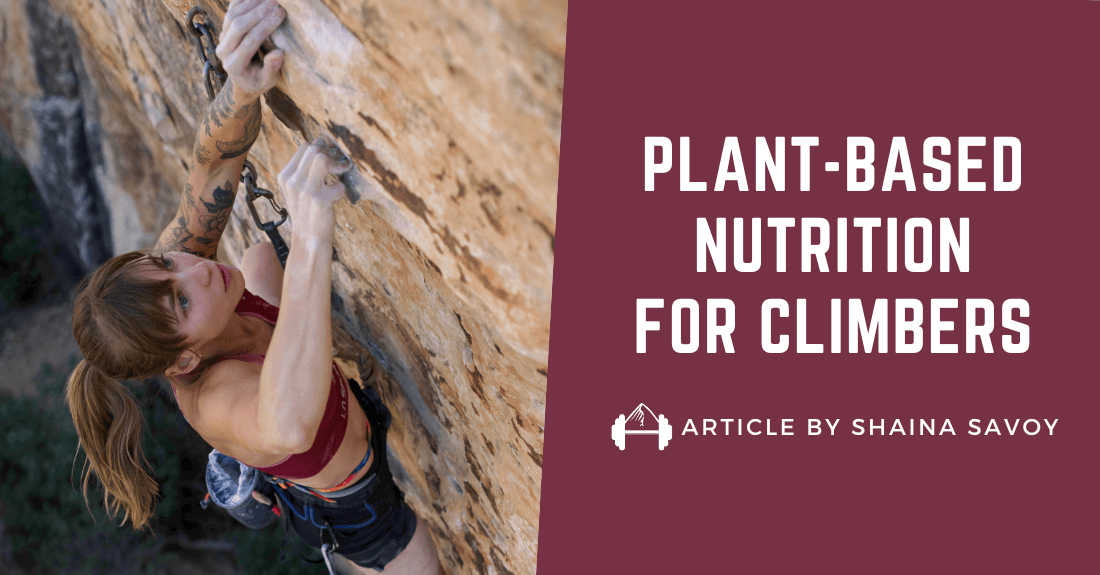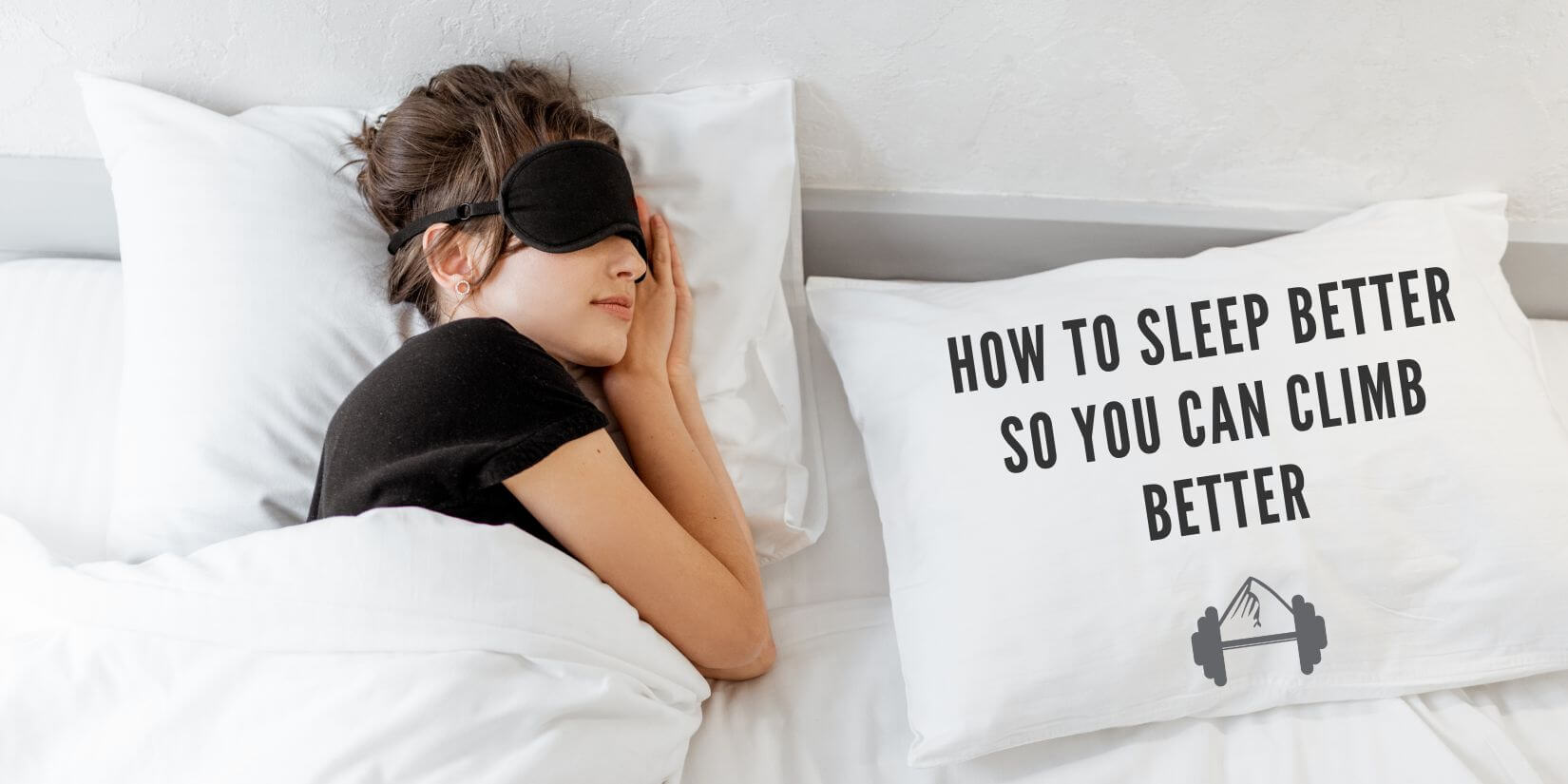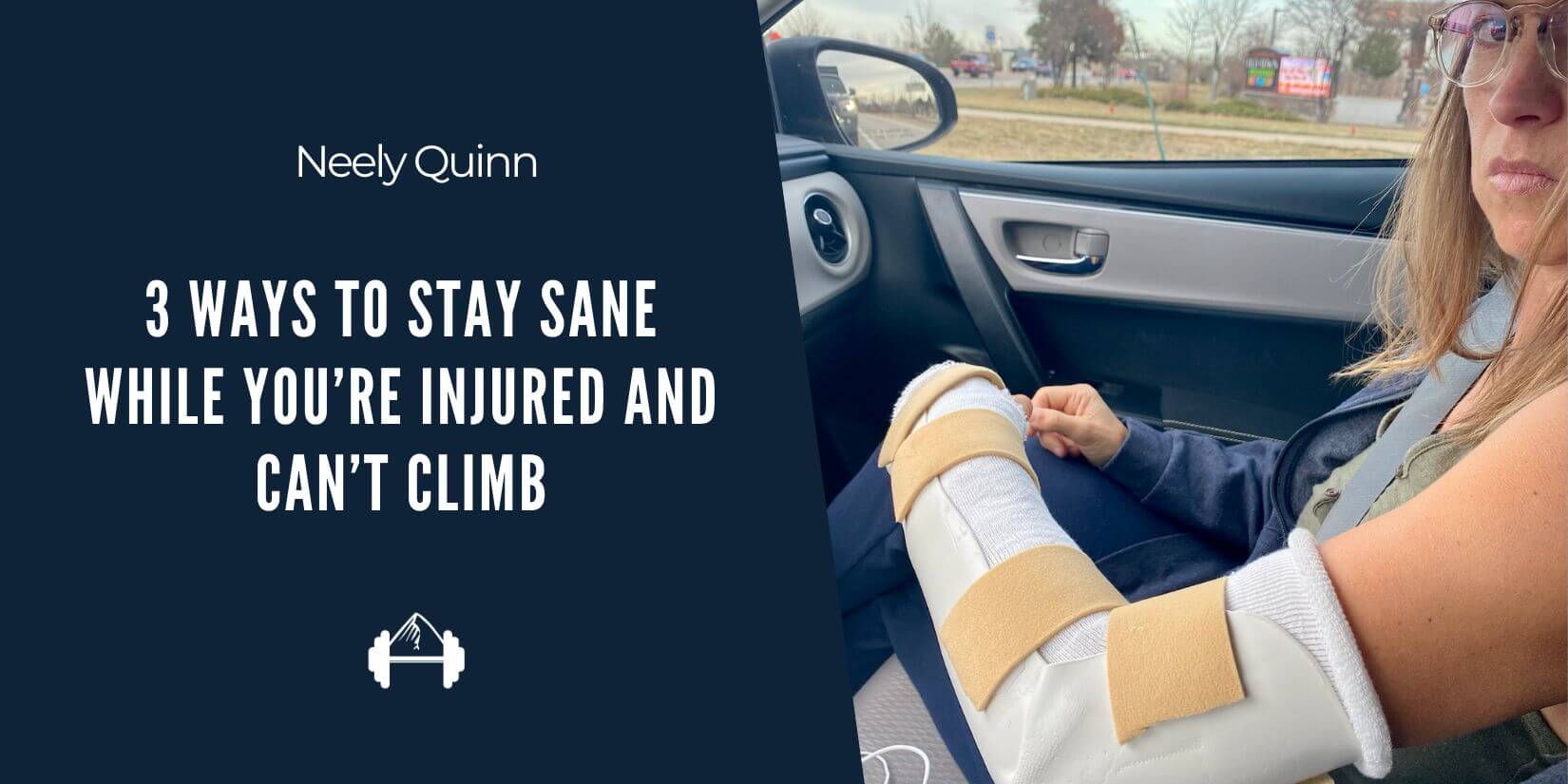Nutrition has a lot to do with your climbing performance. In fact, what you eat is a huge determining factor of your overall health, so if you’re not healthy, you’re not gonna climb very well.
Now, I know what you’re thinking. So and so pro climber eats candy and diet Coke all day and climbs V15, so why should I care what I eat? Well, you don’t HAVE to care. Go ahead and eat whatever you want; nobody’s forcing you to do anything. But if you do have an interest in feeding your body as well as you can, please read on. And by the way, I often wonder how much better pro climber X would climb if he/she ate more nutritious foods…
So. First thing is that everyone is different. While I eat a certain way to feel my best, you may need to eat a completely different way. Unfortunately there’s no handbook to your body, so if you want to know what works best for you, you’ll need to do some experimentation.
For example, through experimentation, I’ve discovered that if I eat certain foods (like gluten and dairy), I feel like shit. So I don’t ever eat those foods. I’ve also discovered that if I don’t get enough protein, I feel anxious and weak. If I don’t get enough carbs, I feel the same way: anxious and weak. And if I don’t get enough fat in my diet, I get mad sugar cravings and I just feel generally hungry all the time. Anxious, weak, and hungry are not things you want to be feeling when you’re trying to climb hard (or be a happy human, for that matter).
I’ve also discovered things about myself beyond just the macronutrients (fat, carbs, protein). If I eat nuts, for instance, I get joint pain. I actually thought I had elbow tendinitis for an entire Rifle season, but it turned out I was eating way too many cashews and almonds. As soon as I took nuts out of my diet, no more pain! So that’s me in a nutshell (get it?). But you? You’re not me and you need to figure these things out for yourself. It can be hard to know where to begin, though…
Here are some suggestions for finding your optimal climbing diet.
1. Eat A Big, Filling Breakfast Every Morning.
Just see how you feel when you do that. Most people eat cereal or bagels – some sort of grain/sugar combo – in the morning. Then most people need coffee or sugar soon after breakfast because, well, cereal isn’t very filling. And it’s just carbs. So eat some eggs, sausage/bacon, veggies, and some fruit in the morning. Make sure you cook the eggs, meat, and veggies in some fat (olive oil, coconut oil, ghee, or bacon fat work well). This is a good combination of carbs, protein, and fat to start your experimenting with. If you’re a vegetarian, sub out the meat and/or eggs with another heavy protein source.
When you start your day with a good, hearty breakfast, you’re way more likely to have fewer cravings and binge sessions throughout the day. And fewer crashes necessitating Starbucks visits. I’ve seen this in not only myself, but almost all of my nutrition clients.
Try this for a week, and if this doesn’t work for you (maybe you get hungry really quickly, you feel lethargic afterward, or your stomach doesn’t feel good), then you know you need to change something up. Maybe you need more carbs in the morning, less protein, or just more food in general. Either way, this is a good place to start that’s changed a lot of people’s lives.
2. Experiment with the latest fad, gluten.
I know, I know: it’s just a fad! Everyone’s doing it so it can’t have any merit, right? Well, not really… I see it all the time with my clients and my readers over at paleoplan.com (my day job). Millions of people across the globe have come to the halting realization that their favorite foods actually make them feel terrible. Stomach pains, bloating, constipation, headaches (even migraines), acne & eczema, JOINT PAIN… these are all things that can actually go away immediately upon taking gluten out of people’s diets. However, you very well may not be one of those people! You may be able to eat 12 slices of bread a day and not have any of these problems, and if so, congratulations! I’m jealous 🙂
But if you do have any of those problems, I know first hand that it can make climbing hard… well… hard. There’s nothing like being super constipated on the day you’re supposed to be redpointing. And there’s nothing like shoulder, finger, or elbow pain to completely cease your climbing habit altogether.
When I went gluten free 8 years ago, first of all I lost 15 pounds that I’d been trying to lose for 10 years by running my ass off. Then my IBS got way better, and my skin started clearing up. Hallelujah! I’ve had a ton of clients say the same things and a lot more.
So just think about it. And if there’s another food you think might be causing problems for you, by all means experiment with it. Take gluten, or whatever food you think is making you feel bad, out of your diet for 2 weeks and see how you feel. Then eat it – a lot of it – after those 2 weeks and see how you feel for the next few days. It’s as simple as that 🙂
That should help get you started! Please let me know in the comments what you’ve discovered about how your own diet affects your health and climbing performance so we can all learn from each other!





I’ve had similar problems with gluten. I used to make a pretty slammin whole wheat raisin bread that I’d chow on on my drive to work, I didn’t really make the connection that it was making me feel so crappy until I didn’t have time to make it one week and not only did I feel better for not having eTen it, but it was making me bloated and I didn’t even realize it. Bye bye raisin bread. So I pretty much cut out all gluten, with the exception of sourdough bread which I’ll eat a slice of in the morning on a training day for fuel later on, in addition to seitan which I used to make and eat a ton of and tofu. I also upped my protein intake considerably recently and feel much better after having done that.
Diet is a huge factor in performance for me, and one that I wish was addressed a little more diligently in training blogs, especially for those of us with more thought out food preferences (I’m a pescatarian whose not sold on the benefits of coconut oil and agave, which seems to be in every recipe these days). Thanks for posting your own experiance with diet experimentation. Nice to know there’s other folks out there who are just as anal retentive as me…
I am 40+ year old German and eat tons of bread when I am in my homecountry – still I enjoy and feel healthy. To your points:
1) A good breakfast is definitely important. Still, when I eat Muesli (oat flkaes plus nuts etc plus some banana/apple in milk), I feel very good until my lunch. And yes, I hav a Capucino just as you decribed.
2) Yes, I left out some stuff:
– 90% of my alcohol consumption (between age 25 and 40).
– lots of sweets (chocolate etc)
– fat meat
– I use 2% milk instead of 3.5%
I never ate a lot of meat. Since half a year, I trarget 1g of Protein per kg of body weight and day. That feels OK so far even if I use processed whey protein which is mainly produced for body builders.
One thing which helped me to loose weight and still feel really healthy was to just eat “a lot” only directly before or after workouts. So, on an evening without sports, I would only eat llittle. But on the next day I would have some more an hour before a workout.
I’ve been doing the “Slow Carb” diet for about a year (basically paleo but you can eat beans/lentils and you take a cheat day and eat whatever you want once a week) and I’ve felt great on it. The key for me was watching my dairy/fat intake — accidentally gained weight by eating too much peanut butter and Greek yogurt. But once I cut those things back, I dropped the excess weight quickly and had more energy. Eating a solid mixed breakfast each morning was also a huge positive change — could not agree more with you on this point. Just not being cranky each morning because I was adequately fueled was enough of a benefit!
Gluten free, mostly vege is hard to do out in the backcountry. I spend a lot of time working on packing foods that don’t contain these things but also have trouble keeping up with my calorie intake. Have any specific menu ideas for quick calorie full- breakfast, lunch, or dinner for the backcountry or alpine start?
Ben – That’s a good question. If you’re just out for a few days you can get away with a lot more, but if you’re on a long trip the trick is to dehydrate as much as you can. Eggs, sweet potatoes, meats, veggies, everything. This guy has a blog dedicated to this topic: http://paleobackpacking.blogspot.com/. But focus on pre-making things then dehydrating them, and eat lots of fat for the calories and energy it provides. This is also when Gu or other glucose supplements come in handy.
I took out gluten and dairy 5+ years ago and basically went mostly paleo. I never felt better or stronger. I’ve never had so much energy either. I am probably only 70-75% paleo now and it works for me. I feel light and strong and my climbing has benefited from it!